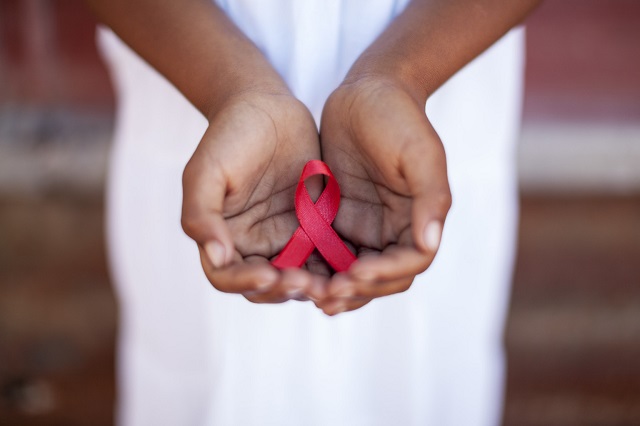
Kampala, Uganda | THE INDEPENDENT | US-based Case Western Reserve University has been hailed for its role in advancing the management and treatment of HIV and Tuberculosis –TB among children and adults in Uganda.
The US-based institution first came into Uganda in 1988, after a Presidential invitation to Nobel Laureate Dr Frederick C. Robbins, to assist the country to deal with the HIV/AIDS epidemic. From the beginning, the Collaboration focused on building capacity and providing training through research on HIV/AIDS and TB.
It has since evolved into a multi-disciplinary research organization funded by US and European grants to investigators at Makerere University, Joint Clinical Research Centre and the Uganda Cancer Institute. Its activities now cover the areas of epidemiology, biomedical sciences, clinical trials, nursing, anthropology and bioethics with recent expansions into biomedical engineering, cancer, and cardiovascular disease.
They have also expanded into studying the impact of malnutrition on respiratory diseases, including Tuberculosis, in newborns and infants.
Science, Technology and Innovation Minister Dr Elioda Tumwesigye observes that the coming into Uganda of specialists from Case Western Reserve University changed Uganda’s experience and perspective with the management and treatment of HIV and AIDS.
Dr Tumwesigye says that the corroboration was an eye opener about the transmission of HIV among humans. He says that at the height of the pandemic, many Ugandans did not know that HIV is closely related to Sexually Transmitted Diseases and Tuberculosis.
Prof Barbara Snyder, the President of Case Western Reserve University, says that the collaboration has brought about USD 200 million (736 billion Shillings) from the National Institutes of Health (NIH), the Centers for Disease Control (CDC) and the Bill and Melinda Gates Foundation.
Prof. Snyder says that the support has enabled the establishment of State of the Art HIV virology, immunology and Tuberculosis Microbiology labs at Makerere as well as the Joint Clinical Research Centre -JCRC.
Over the last 30 years, more than 90 Ugandans have trained in short courses, masters, and doctoral programmes offered under the collaboration. Over 98 per cent of the trainees now serve in academic, healthcare and policy positions Uganda.
Thanks to the collaboration, Uganda now boasts of Novel management to combat HIV, improved TB diagnosis, management and prevention and testing new anti-TB drugs in terms of research.
Prof. Charles Ibingira, the Principal of the College of Health Sciences at Makerere University says the collaboration has given birth to clinical outputs including interventional cardiology for heart diseases, improved management and other neurological interventions for stroke and cancer management.
He says that the collaboration has enabled the college to build the capacity of staff in the acquisition of teaching, research and clinical skills, enabling a number of research studies in the areas of HIV, that have manifested into a decline in from 35 per cent to 6 per cent.
Prof. Ibingira contends that this collaboration and capacity building will enable Ugandan medical experts to gain skills to control the diseases.
During the 30-years of collaboration, the two institutions conducted the first HIV/AIDs vaccine clinical trial conducted in Africa between 1997 and 2000. It also provided care to over 25,000 adults and children in the collaboration’s HIV and TB prevention and treatment studies as well as more than 350 peer-reviewed collaborative publications and more than 400 scientific abstracts.
*****
URN
 The Independent Uganda: You get the Truth we Pay the Price
The Independent Uganda: You get the Truth we Pay the Price


